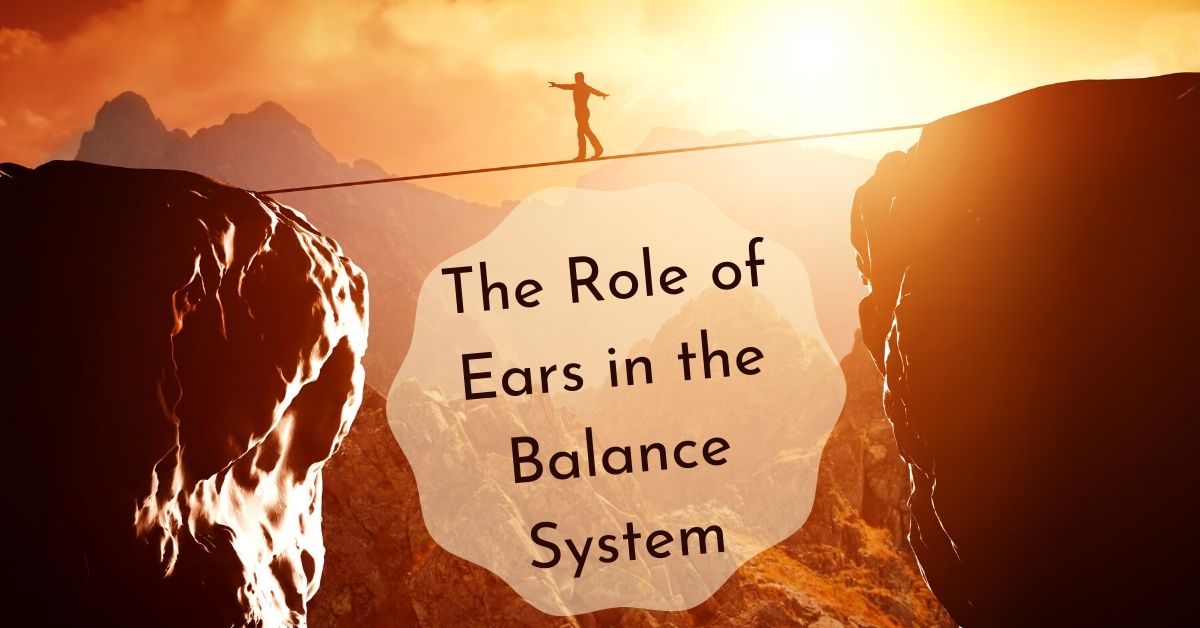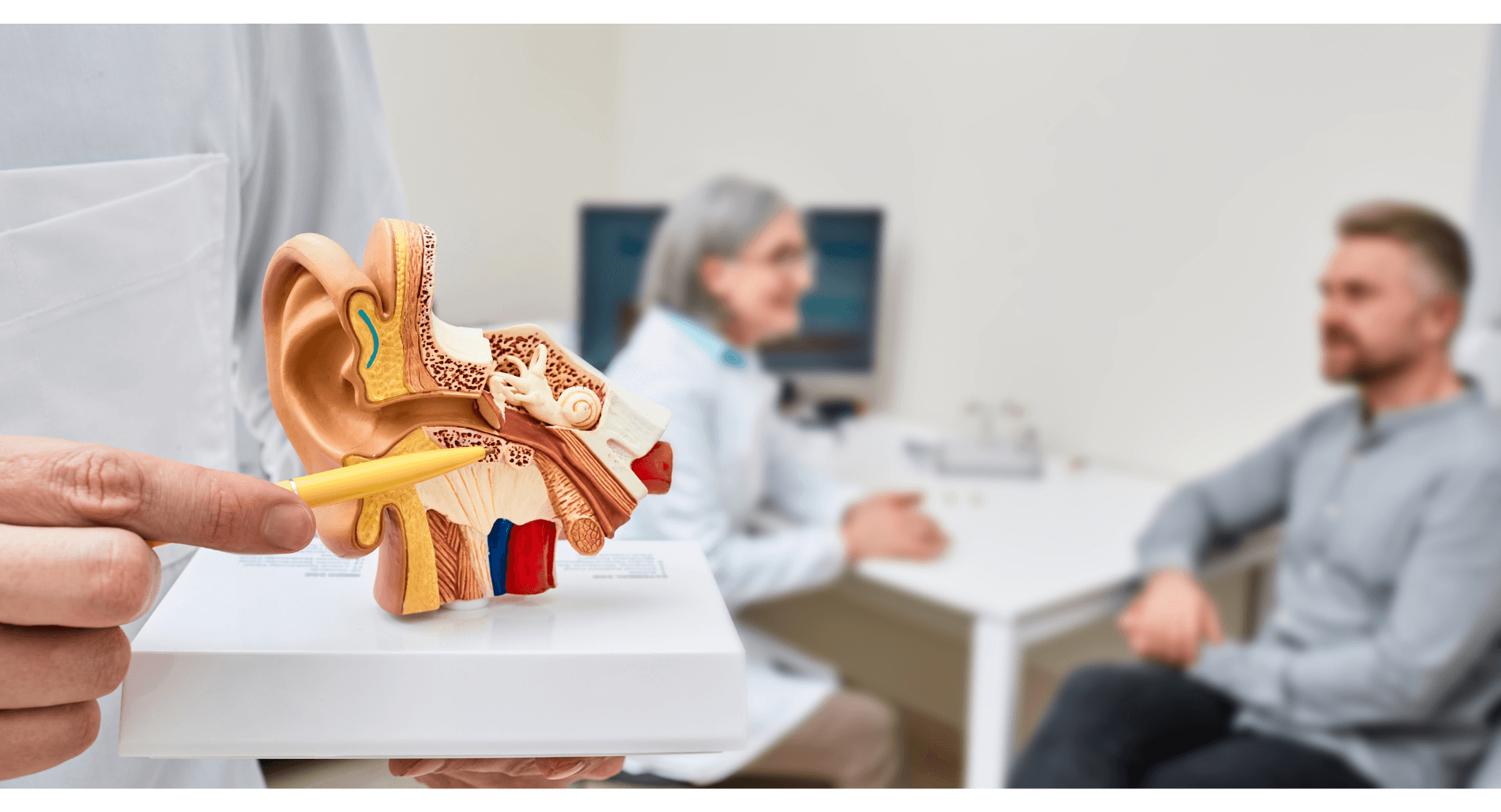
While people often believe that hearing happens in the ears, it is important to understand that it occurs equally in the brain. While our ears collect sound, it is the brain that processes that sound so we can understand speech and recognize the source of the audio information in our world. Similarly, our balance is a collaboration of our ears and the brain.
Keeping us balanced
Without our balance we couldn’t stay upright, but how does balance actually occur? Our balance system helps us stand, walk, run, and move around without falling. It’s collaboration between your inner ear, eyes, muscles and joints, which send signals to the brain, pertaining to position in the world to maintain balance. This is what is referred to as the vestibular system.
The vestibular system and the cerebellum
The vestibular system is a sensory system, which provides our brain with information about our spatial orientation, motion and head position keeping us balanced and maintaining posture while we move. The vestibular system communicates with the cerebellum, a very small part of the brain located in the conjunction of the neck and spine, which acts as the brains control center, regarding movement, timing and degree of muscle exertion.
The vestibular system is made up of three canals and two pockets, filled with fluid. When the head position changes angels, the fluid in the canal moves to communicate to the brain about spatial relationship and surroundings. The two pockets are called otolith organs, one called the saccule and the other called the utricle. The utricle gages backwards and forwards movement while the saccule detects up and down movements. Remarkably, the utricle and saccule have tiny crystals within, which stimulate the tiny hairs of the inner ear also used to transmit sound to the brain for processing. These crystals stimulate these hairs to also report balance information to the cerebellum.
Hearing Loss and Balance
Understanding how the inner ear is responsible for hearing and also for balance highlights the significance of protecting our ears. Not only is hearing damage a hearing issue, but it is a mobility issue as well.
When hearing becomes damaged due to loud noise, old age, infection or tumors your balance is also at risk since they both use the same fragile hairs of the inner ear to communicate with the brain. Hearing plays a big part in spatial awareness. When people cannot hear sounds around them they are less likely to register warning sounds like a fast approaching vehicle or a jogger from behind. They may miss the sounds of the family pet inside the home or a warning call from a loved one.
Along with problems with balance, hearing loss increases the risks of fall accidents and hospitalization as well as impacting a person’s sense of independence. People with hearing loss and balance issues are more likely to feel reluctant to leave the house, becoming isolated, stressed, depressed and anxious.
Treating balance disorders
Have you been having trouble staying balanced recently? Depending on the cause there are many treatments including strength training, visual exercises, a change in diet, increased physical exercise or surgery in order to rehabilitate the vestibular system.
Vestibular and balance rehabilitation therapy works to encourage the central nervous system to naturally compensate for balance issues. Ideally this process will reduce the risk of falls and reduce dizziness. Certain conditions like Labyrinthitis and Meniere’s disease affect hearing and balance. Labyrinthitis is an inner ear infection causing enough swelling to inflict dizziness and nausea. Meniere’s disease is a condition which causes extreme pressure in the inner ear affecting hearing and causing vertigo as well.
While balance issues and hearing issues don’t always associate together they definitely affect each other.
Treat your hearing loss to keep you balanced
If you suspect that you are having an issue with your hearing it is a good idea to make an appointment to have your hearing checked. We can diagnose your degree of hearing loss and find the best hearing aids for your needs and lifestyle. Hearing aids will increase your mobility, sense of independence and have been shown to increase confidence as well. Stay on your feet with healthy hearing and enjoy your life to it fullest.

Virtual Support Groups for People with Hearing Loss
Matthew Favinger, M.S., F-AAA

Understanding the Anatomy of the Ear
Matthew Favinger, M.S., F-AAA

